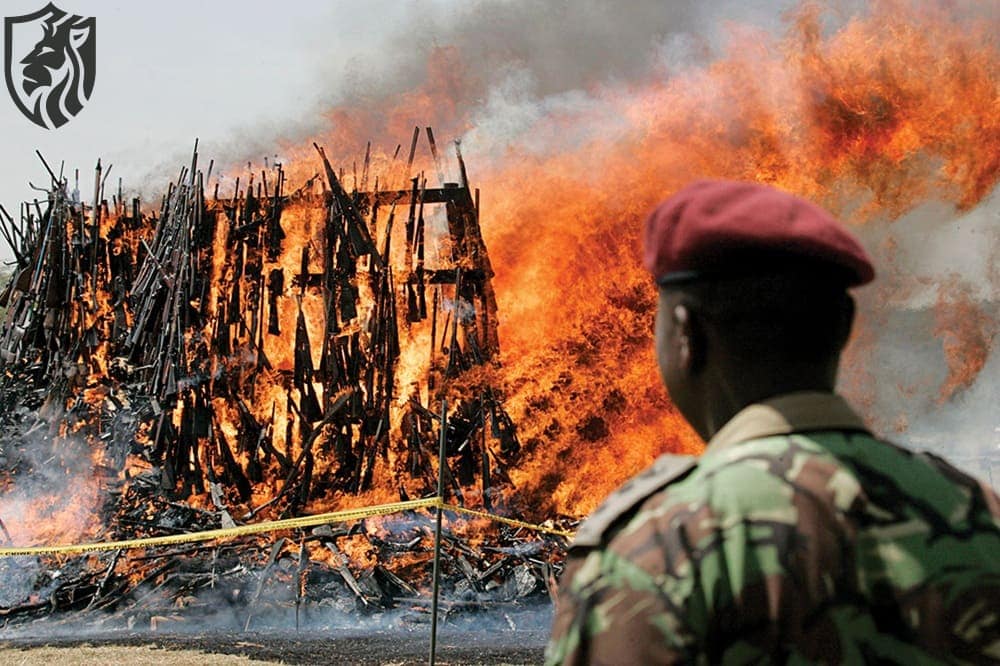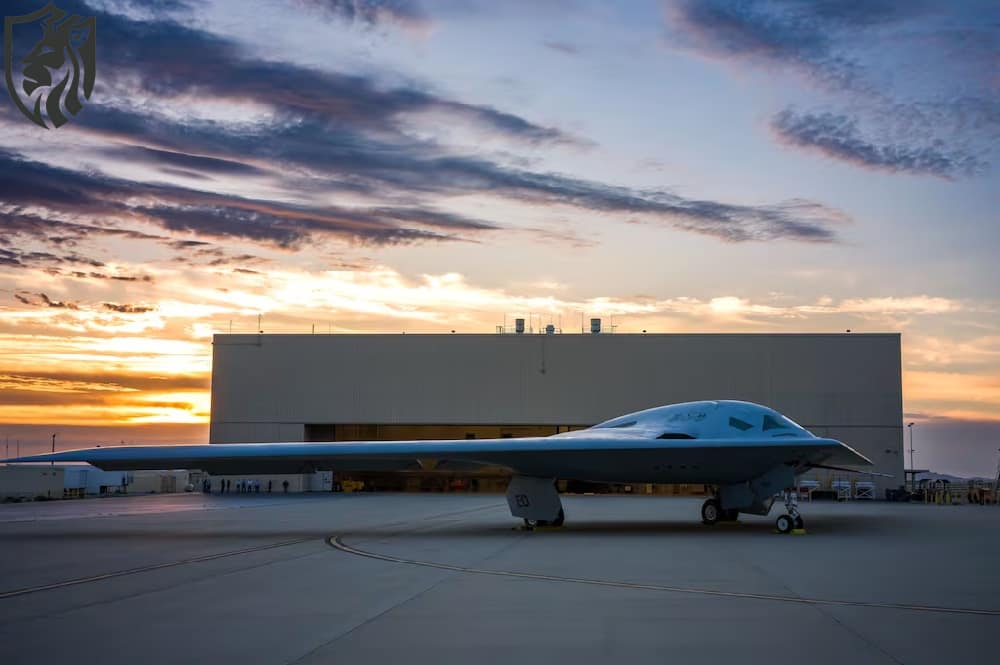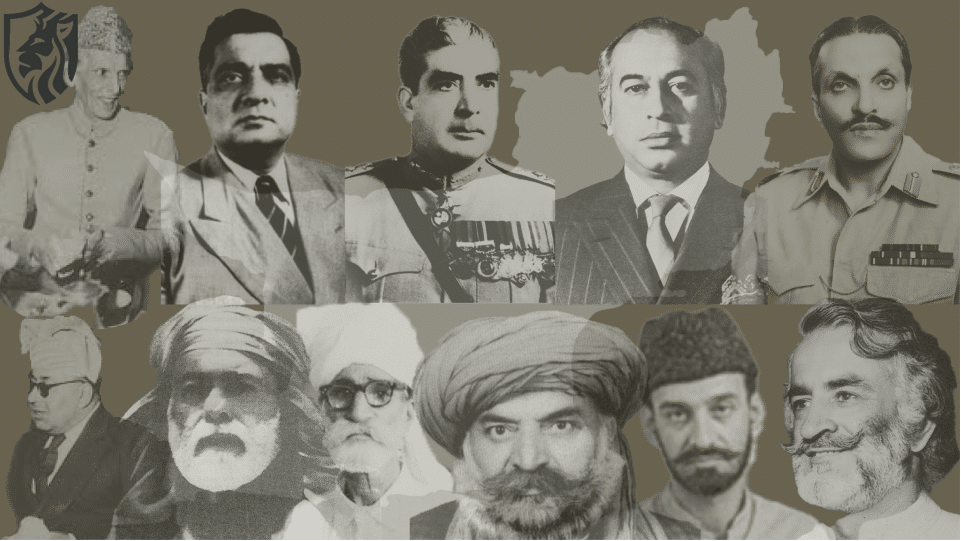
Balochistan is Pakistan’s largest province by land size, and it has been a war zone for decades. Several separatist groups have questioned the authority of the state, citing issues of economic exploitation, political exclusion, and human rights violations. The world, not just Balochistan, is interested in this conflict. This makes people wonder who gains from the country’s continued instability.
Balochistan: History of the insurgency
Since Pakistan’s founding in 1947, Balochistan has been witnessing rebellions. There have been several uprisings since then. Militant groups like the Baloch Liberation Army (BLA) and the Baloch Republican Army (BRA) are behind the most recent wave, which started in the early 2000s. These groups want either more or total independence. They say the region is poor economically, even though it has many natural resources like minerals, natural gas, and the important Gwadar Port.
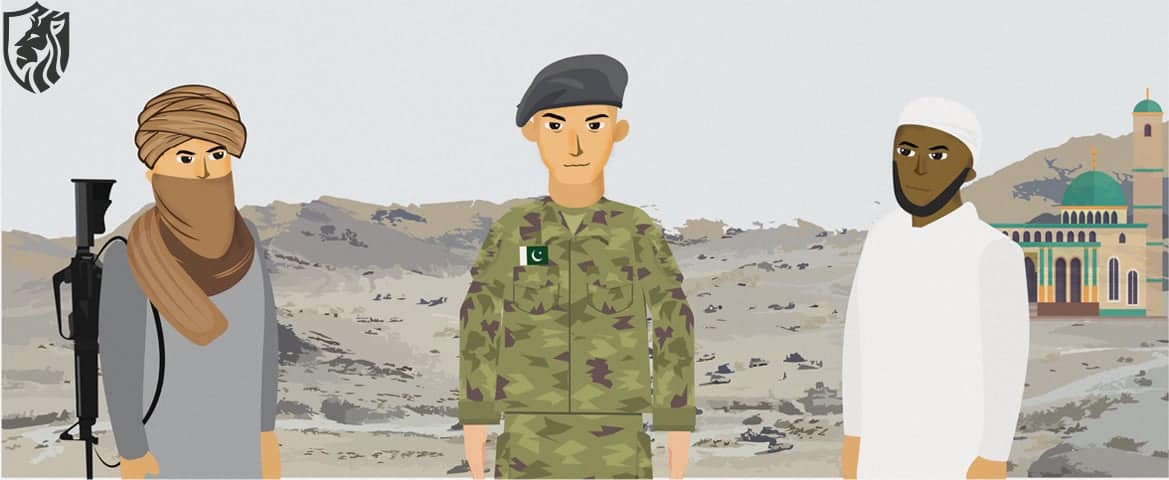
Balochistan: Regional and World Powers
Balochistan is a centre of international interest because of its geostrategic importance. Because of the current instability, several countries stand to gain:
India:
Pakistan has accused India many times of supporting Baloch rebels, claiming captured militants and intelligence reports as authentic proof. Pakistan could be weaker on the inside if Balochistan is unstable. The instability could also stop important projects like the China-Pakistan Economic Corridor (CPEC), which is seen as a strategic balance to India’s influence in the area.
Afghanistan:
Because its border with Balochistan is really open, Afghanistan has been linked to terrorist actions in that province. Several Baloch rebel groups are said to be operating from Afghanistan, which Pakistan says is helped by enemies.
United States:
The U.S. is thought to be using unrest in Balochistan to pressure Pakistan on issues like fighting terrorism and keeping the peace, despite denying any involvement. The province’s strategic position near Iran and China has made the US more interested in it.
2. Threats to China and CPEC
Through CPEC, China has spent a lot of money in Balochistan, mostly in Gwadar Port. Attacks by rebels on Chinese interests indicate that certain individuals benefit from hindering these projects. Rival states that are worried about China’s growing power in the area may be helping rebel groups to slow down or stop CPEC’s progress.
3. Arab Islamic countries and the lack of progress in Gwadar
Several Arab Islamic countries want to keep Gwadar from becoming a fully operational deep-sea port because it would make their own big ports, like Dubai’s Jebel Ali, less competitive. If Gwadar works, it will take a lot of trade away from Gulf ports, making them less important from a military and economic perspective. So, some of these countries may back or ignore the unrest in Balochistan in a sneaky way to keep their control over the region’s maritime trade.
4. Iran and the Battle of Chabahar and Gwadar
Both Iran’s Chabahar Port and Pakistan’s Gwadar Port want to be regional trade hubs, so they fight with each other. Even though Iran publicly has friendly relations with Pakistan, there are rumours that some parts of Iran may be helping Baloch separatists to make Gwadar less stable, which would make Chabahar a more appealing place for international trade. Iran indirectly protects its economic interests by making Balochistan unstable. This makes sure that Chabahar stays a popular trade route, especially for India and Central Asia.
5. Balochistan: Political and tribal leaders in the area
The power dynamics in Balochistan exacerbate the conflict. Tribal leaders utilise the conflict as a means to maintain their authority and influence the central government to negotiate deals. By putting the province in a state of chaos, they can get more money and political power in negotiations.
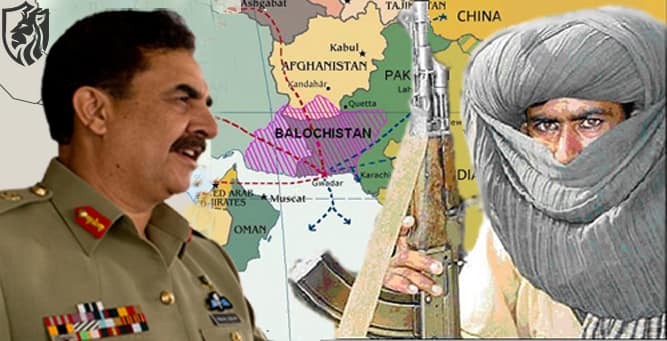
6. Terrorist groups and crime networks
Insurgent groups with weapons and criminal networks have turned the war into a business. Smuggling drugs, guns, and other illegal items is common in areas where there is conflict. Such activity makes the cycle of violence stronger and stronger. Kidnappings that demand ransoms and money from outside the country also feed the conflict.
The Arrest of Kulbhushan Yadav—A RAW Spy in Pakistan
Pakistani authorities arrested Kulbhushan Yadav, an Indian naval officer and RAW operative, on 3 March 2016 in Balochistan. They captured him near Mashkel, close to the Pakistan-Iran border, where he was allegedly directing espionage and sabotage missions against Pakistan. Intelligence officials claim Yadav actively supported Baloch separatist groups, disrupted CPEC projects, and orchestrated attacks aimed at weakening Pakistan’s security.
His confessional statement, released by Pakistan, revealed details about RAW’s involvement in insurgent activities. India, however, denied these claims, insisting he was a retired naval officer. The case further strained Indo-Pakistan relations, escalating diplomatic tensions on global platforms.
Effects on Pakistan and the Area
The conflict has a big impact on both Pakistan’s economic growth and safety. It has killed thousands of people, forced populations to move, and put a lot of stress on the economy. Targeting development projects is common, which makes foreign investment less likely. In addition, the war gives the international community a reason to step in and support human rights.
Balochistan In conclusion
Balochistan’s insurgency is based on local complaints, but keeping it going helps many people inside and outside of the country. Regional powers, competing economies, political leaders, and militant networks all want to keep the province unstable for their reasons.
We need to solve the problem in various ways, including economic growth, political inclusion, and strong counterinsurgency tactics. Without a comprehensive solution, the region will remain a battleground for competing interests, negatively impacting both the local population and the overall stability of Pakistan.
References
- Pakistan’s allegations against India’s RAW in Balochistan – Dawn
- Kulbhushan Yadav’s confession and trial – The Express Tribune
- CPEC and Gwadar’s strategic importance – The Diplomat
- Chabahar vs Gwadar: Iran’s strategic interests – Al Jazeera
- Arab states and Gwadar’s stagnation – Middle East Eye
- The history of Baloch separatist movements – BBC News




